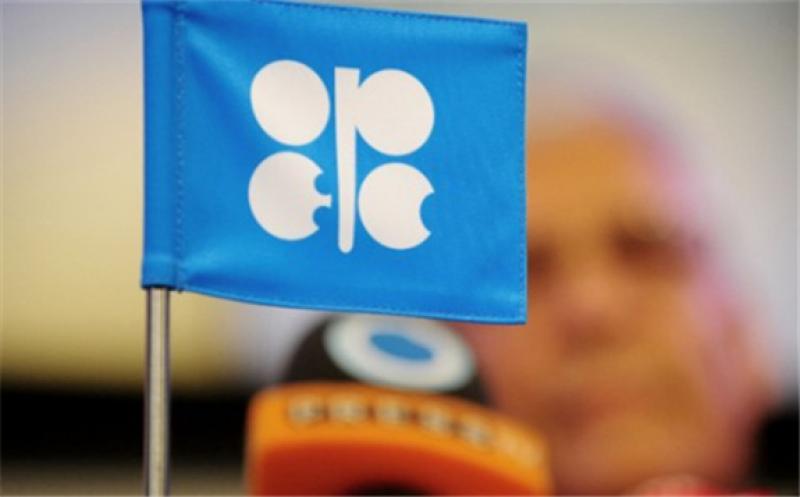The Organization of Petroleum Exporting Countries withheld some 1.3 billion barrels of oil supply last year to keep prices from falling even further, the secretary-general of the cartel said.

“I am sure each and every one of us can recall the dire situation the industry was in, which was most dramatically illustrated on 20 April 2020 when the price of WTI went negative. It was a visceral day, and one often described as ‘Black Monday.’” Mohammed Barkindo said, speaking at the S&P Global Platts Americas Petroleum and Energy Conference.
“It was a time when the industry faced a potential crude oversupply of nearly 1.3 billion barrels. There were even deep concerns that some storage hubs could actually reach tank tops. Thankfully, this never came to pass, in part due to the decisive actions of the DoC [the Declaration of Cooperation]. Since then the DoC has shown great courage and flexibility and has adapted as and when necessary to changing market dynamics, particularly with the post-summer advent of second and third waves of COVID-19.”
OPEC+’s intervention into the global oil supply situation was indeed crucial for reversing the oil price decline that saw WTI dive below zero, even though the latter event was as much a result of speculator moves as of oil’s fundamentals, if not more so.
This intervention has reasserted OPEC as a factor to be reckoned with on oil markets after growing doubts about the organization’s relevance amid the rise of U.S. shale. Indeed, Barkindo noted that OPEC’s work is far from done as the pandemic is still around despite the good news about the start of mass vaccinations in most parts of the world.
“Vaccines offer some much-needed light at the end of the tunnel, but the ever-increasing number of COVID-19 cases, and sadly the human loss as well as renewed lockdowns, are a harsh reminder of how delicate the situation remains,” the official said.